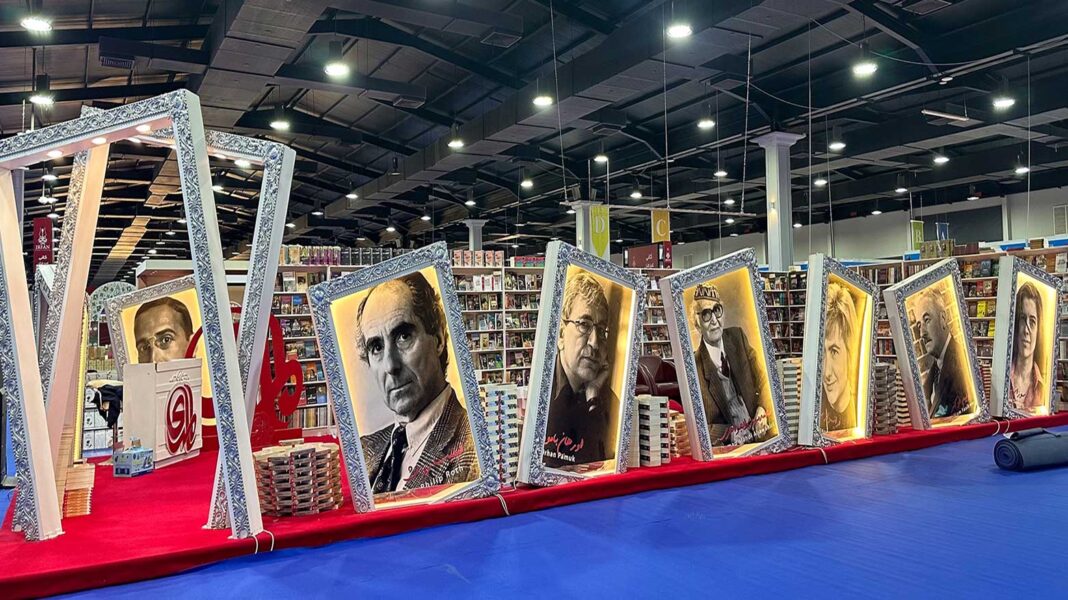he 17th Erbil International Book Fair, running from April 9 to April 19, 2025, has officially opened, featuring over 350 publishing houses and printing centers from 22 countries. This year’s theme, “The World Speaks Kurdish,” emphasizes the growing global interest in Kurdish literature and culture while also offering a space for diverse literary voices from around the world.
Held annually in Erbil, the capital of the Kurdistan Region, the fair has become one of the most significant cultural events in the region, attracting thousands of visitors, including readers, scholars, and industry professionals. The event showcases a broad range of literary works, from fiction and academic texts to translations and children’s books. With participants from both Iraq and beyond, the fair serves as a meeting point for global literary communities
The Erbil International Book Fair is not just a book exhibition but a forum for intellectual dialogue and cultural exchange. In addition to the extensive book displays, the fair hosts a variety of events aimed at fostering conversation among writers, publishers, and readers. These include poetry readings, book signings, and panel discussions on subjects such as cultural identity, regional literary trends, and the future of publishing. The fair also features artistic performances and musical events, further enriching the cultural experience.
This year’s fair underscores the importance of literature in promoting open dialogue, freedom of expression, and the sharing of ideas. The slogan, “The World Speaks Kurdish,” highlights a growing recognition of Kurdish literature’s role in global literary discourse.
Organizers of the fair have made clear their commitment to creating an environment that encourages peaceful and inclusive discussions. Publishers have been advised not to exhibit books that promote extremist ideologies or hate speech. This stance reflects the fair’s dedication to supporting a constructive and respectful exchange of ideas, in line with its broader goal of promoting intellectual freedom.
While the fair’s growth and success are notable, the publishing industry in Iraq continues to face significant challenges. Issues such as censorship, economic instability, and limited distribution networks often hinder the development of literature. Despite these obstacles, the fair stands as a testament to the resilience of the region’s literary community.
Erbil’s relative stability in comparison to other parts of Iraq has positioned it as a cultural hub, attracting attention from publishers and literary figures both regionally and internationally. This makes the fair an important platform for bridging the gap between Kurdish, Arabic, and global literary traditions.



